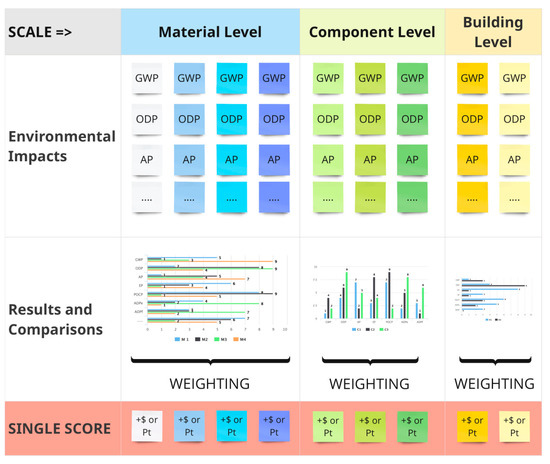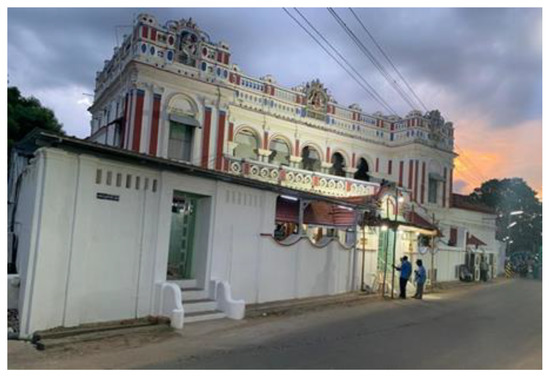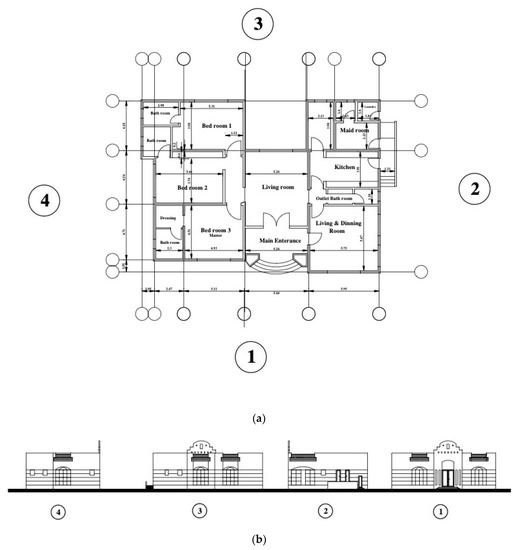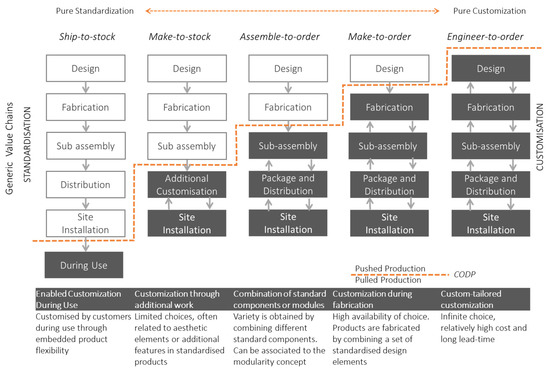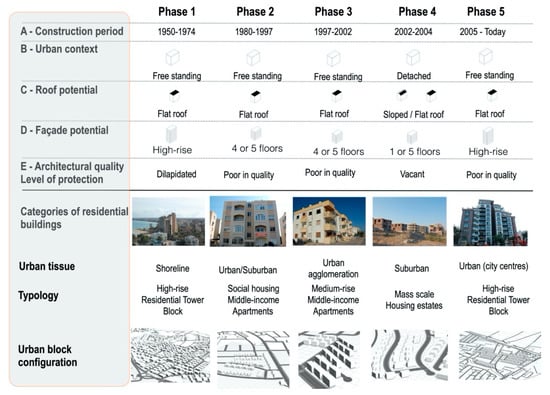ZEMCH International Research Series
A topical collection in Sustainability (ISSN 2071-1050). This collection belongs to the section "Sustainable Engineering and Science".
Viewed by 25443
Editors
Interests: climate change projections; building energy; energy use intensity; energy efficiency gap; multi-objective optimisation; energy transitions; renewable energy and technologies; socio-technical-systems; sustainable materials and technologies; sustainability; system dynamics; thermal comfort; urban climate modelling
Special Issues, Collections and Topics in MDPI journals
Interests: traditional housing; socio-economic sustainability; sustainable built environment; habitat design; building performance evaluation; energy efficient building
Special Issues, Collections and Topics in MDPI journals
Interests: mass customisation; lean construction; design management; BIM; social housing development; healthcare projects
Special Issues, Collections and Topics in MDPI journals
Interests: building automation; ecological design; universal design; smart home; vernacular architecture; wooden architecture; life cycle assessment
Special Issues, Collections and Topics in MDPI journals
Interests: building performance evaluation/simulation; intelligent facdes; indoor air quality; thermal comfort; sustainable housing; modern methods of construction
Special Issues, Collections and Topics in MDPI journals
Interests: photovoltaic/thermal (PV/T); building-integrated PV/T (BIPVT); zero energy buildings; vaccuum insulation panel (VIP)
Special Issues, Collections and Topics in MDPI journals
Interests: design engineering; sustainable home and community; environmental experience design
Special Issues, Collections and Topics in MDPI journals
Interests: sustainable architecture and urbanism; energy modeling; renewable energy; built environment and health, environmental psychology; embodied energy
Special Issues, Collections and Topics in MDPI journals
Interests: high-performance buildings; building integration technology; passive and active buildings energy systems; building integrated photovoltaic; energy efficiency under extreme hot climate; green building certification; building integrated agriculture; human factors in the built environment; environmental experience design; design for health and wellbeing
Special Issues, Collections and Topics in MDPI journals
Interests: green infrastructure & sustainable buildings; sustainable retrofit; sustainable adatpive reuse; bio based materials
Special Issues, Collections and Topics in MDPI journals
Topical Collection Information
Dear Colleagues,
In response to growing global warming issues and the constant increase in energy prices, housing suppliers today have become more responsible for the delivery of net zero energy and carbon dioxide (CO2) emission homes than ever. The COVID-19 pandemic lockdowns caused mental stress, depressive conditions, and economic issues to many individuals and families. Sustainable housing design today is encountering complex challenges with the requirement to improve not only the physical performance and affordability of the built environments but also humans’ mental health and wellbeing. Housing is indeed a system of energy and environment, and it needs to accommodate societal and individual needs, desires, and expectations for healthy, comfortable, and affordable domestic living environments over the lifespan. To meet the dynamic diverse challenges, the global ZEMCH R&D movement has been launched. ZEMCH is an acronym meaning “Zero Energy Mass Custom Home” that reflects the social, economic, environmental, and human dimensions of the United Nations’ Sustainable Development Goals.
This MDPI Sustainability Topical Collection Special Issue titled “ZEMCH International Research Series” aims to serve as a global depository of multidisciplinary technical knowledge required for ZEMCH delivery in developed and developing countries. The topics of this collection can be highlighted as follows:
- Zero energy housing and community development
- Humanitarian community planning for sustainability
- Social sustainability in the built environment
- Economic sustainability in the built environment
- Environmental sustainability in the built environment
- Human sustainability in the built environment
- Sustainable housing design science and engineering
- Sustainable community design science and engineering
- Industrialization of sustainable housing
- Mass customization in housing
- Mass personalization in housing
- Renewable energy innovation
Prof. Dr. Haşim Altan
Prof. Dr. Shaila Bantanur
Prof. Dr. Carlos Torres Formoso
Prof. Dr. Antonio Frattari
Dr. Arman Hashemi
Prof. Dr. Jun-Tae Kim
Dr. Masa Noguchi
Dr. John Odhiambo Onyango
Prof. Dr. Kheira Anissa Tabet Aoul
Prof. Dr. Sara Jane Wilkinson
Collection Editors
Manuscript Submission Information
Manuscripts should be submitted online at www.mdpi.com by registering and logging in to this website. Once you are registered, click here to go to the submission form. Manuscripts can be submitted until the deadline. All submissions that pass pre-check are peer-reviewed. Accepted papers will be published continuously in the journal (as soon as accepted) and will be listed together on the collection website. Research articles, review articles as well as short communications are invited. For planned papers, a title and short abstract (about 250 words) can be sent to the Editorial Office for assessment.
Submitted manuscripts should not have been published previously, nor be under consideration for publication elsewhere (except conference proceedings papers). All manuscripts are thoroughly refereed through a single-blind peer-review process. A guide for authors and other relevant information for submission of manuscripts is available on the Instructions for Authors page. Sustainability is an international peer-reviewed open access semimonthly journal published by MDPI.
Please visit the Instructions for Authors page before submitting a manuscript. The Article Processing Charge (APC) for publication in this open access journal is 2400 CHF (Swiss Francs). Submitted papers should be well formatted and use good English. Authors may use MDPI's English editing service prior to publication or during author revisions.
Keywords
- energy efficiency in buildings
- environmental sustainability policy and economy
- building performance evaluation/simulation
- sustainable urban regeneration
- prefabrication and IT
- low/zero energy affordable housing and construction
- user behaviour and BIM
- environmental experience design
- design data analytics
- renewable energy and technology
- mass customisation and personalisation
- sustainable housing development
- inclusive design for ageing and diversity
- humanitarian design and engineering












